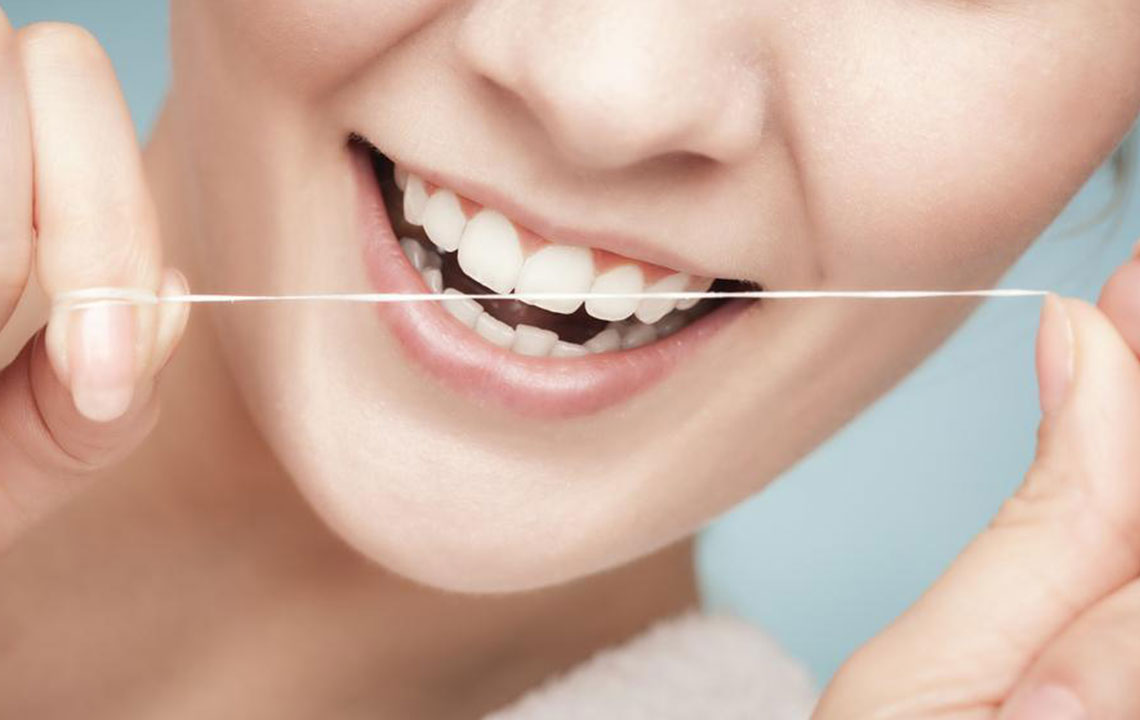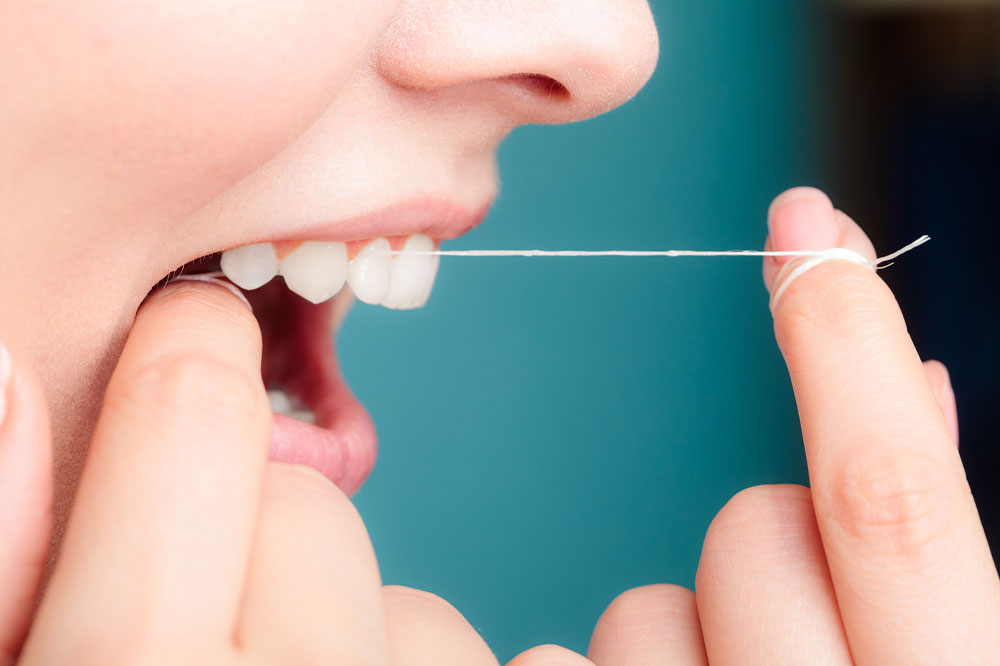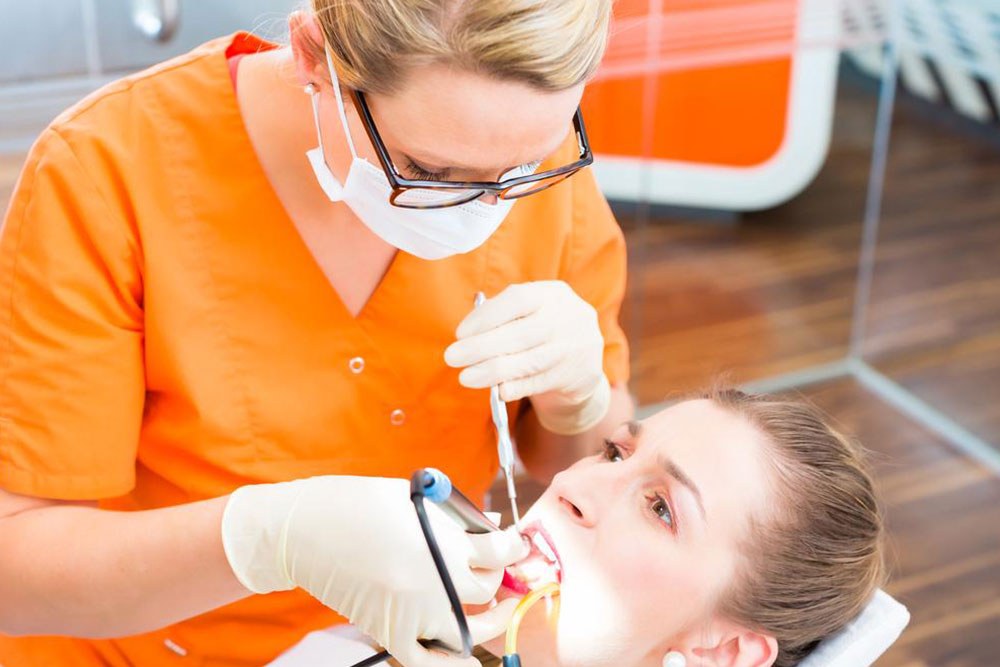Comprehensive Guide to Maintaining Dental Health and Preventing Oral Diseases
Maintaining excellent oral hygiene is essential for overall health and a bright smile. This comprehensive guide offers practical tips on recognizing early signs of dental issues, understanding common causes, and adopting effective habits to prevent cavities, gum disease, and other oral problems. Regular dental visits, good brushing and flossing practices, healthy diet choices, and lifestyle changes can significantly improve your mouth health. Protect your teeth and gums with these expert recommendations to enjoy a lifetime of confident, healthy smiles.

Comprehensive Guide to Maintaining Dental Health and Preventing Oral Diseases
Maintaining optimal oral hygiene is a fundamental aspect of overall health and confidence. Good dental care not only ensures a bright and attractive smile but also prevents a range of dental issues such as cavities, gum disease, and bad breath. While many people recognize the importance of regular brushing and flossing, understanding the underlying causes of dental problems and adopting strategic habits can significantly enhance oral health. This detailed guide covers crucial tips, early warning signs, common causes of dental issues, and effective preventive measures to keep your mouth healthy and free from disease.
Recognizing Early Signs of Dental Problems
Detecting dental issues at an early stage can prevent complicated and costly treatments later on. Be vigilant of these symptoms:
Persistent bad breath that doesn't improve with cleaning
Gum bleeding during brushing or flossing
Loose or shifting teeth
Persistent or sharp pain in teeth, gums, or jaw area
Noticeable swelling or inflammation around the gums or face
If you observe any of these signs, scheduling an appointment with your dentist promptly is crucial to address problems before they escalate into severe conditions.
Primary Factors Contributing to Dental Issues
Understanding what causes oral health deterioration allows individuals to take appropriate preventive measures. Key factors include:
Smoking and Tobacco Use
Using tobacco products significantly damages dental tissues, stains teeth, damages gums, and increases the risk of oral cancers. Quitting smoking can lead to healthier gums and brighter teeth.
Genetic Factors
Family history can predispose individuals to certain dental conditions, making personalized dental care essential for those with genetic risks.
Poor Oral Hygiene Practices
Inconsistent brushing and neglecting flossing allow plaque and tartar buildup, which can lead to cavities, gingivitis, and periodontal disease. Emphasizing regular and proper oral cleaning routines is vital.
Medications and Medical Conditions
Many medications cause dry mouth by reducing saliva, increasing the risk of decay. Chronic illnesses like diabetes impair immune response, exacerbating susceptibility to infections and oral lesions.
Hormonal Changes
Fluctuations during life's stages—puberty, pregnancy, menopause, or menstruation—can cause increased gum inflammation and sensitivity, heightening the risk of gingivitis and periodontitis.
Effective Strategies for Maintaining Optimal Oral Health
Brush Your Teeth at Least Twice Daily
Consistently brushing in the morning and before bed helps remove food particles, plaque, and bacteria, forming a strong defense against dental decay.
Clean Your Tongue Regularly
Often overlooked, cleaning your tongue removes bacteria that cause bad breath and promotes fresher breath. Use a dedicated tongue scraper or the bristles of your toothbrush.
Use Fluoride-Enhanced Toothpaste
Fluoride strengthens enamel, making it more resistant to acid attacks from plaque bacteria, therefore reducing cavities and promoting stronger teeth.
Maintain a Healthy Diet
A balanced diet rich in vitamins and minerals supports oral tissue health. Limiting sugary snacks and drinks helps prevent acid attacks on enamel.
Visit Your Dentist Regularly
Periodic dental check-ups—at least twice a year—are crucial for early detection of issues and professional cleaning to remove stubborn plaque and tartar buildup.
Adopt Good Lifestyle Habits
Avoid smoking and excessive alcohol consumption, both of which can harm oral tissues and slow healing processes. Adequate hydration also helps maintain saliva production, which naturally protects your mouth.
Incorporating these habits into your daily routine can greatly enhance your oral health, prevent common dental problems, and contribute to a confident, healthy smile for life.





